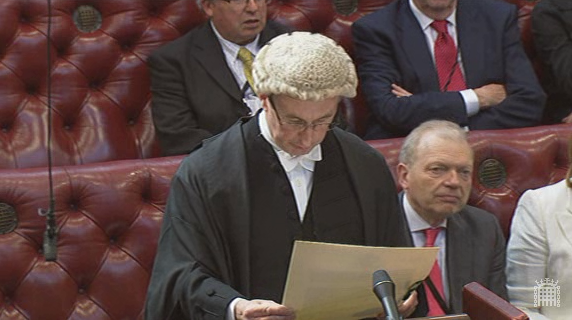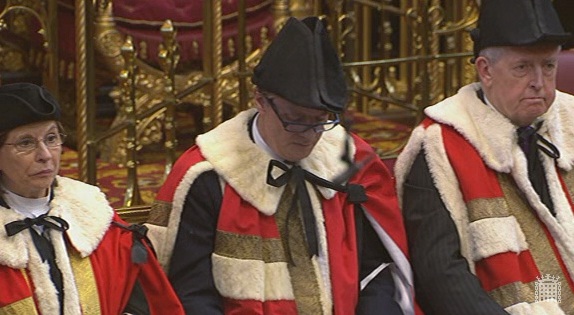Blogger Jacqui Thompson is now £25,000 poorer after losing a libel action against the chief executive of Carmarthenshire county council, Mark James. The judge found the posts on her Carmarthenshire Planning Problems blog to be defamatory and that she was engaged in an “unlawful campaign of harassment, defamation and intimidation targeted against Mr James and other council officers”.
Yet while Thompson paid for the case out of her own pocket, the ratepayers of Carmarthenshire paid for the chief executive’s libel action. In these straitened times, is it really fair that taxpayer’s money is being used to fund a libel case?
Carmarthenshire council is not alone. South Tyneside council is paying for its chief executive and council leader to bring proceedings against one of its own councillors. In South London the Durand Academy, a primary school, has on multiple occasions funded libel claims. This is a live debate with the government’s Defamation Bill (the first wholesale reform of our archaic libel law since 1843 ) currently passing through parliament after a long fight by the Libel Reform Campaign. An amendment tabled in the House of Lords by the Labour party, with support from influential Tory Peer Lord McWhinney and Liberal Democrat Peer Anthony Lester will (if passed by the Commons) block corporations and public bodies from suing individuals for libel, unless the libel has caused “substantial financial harm”. However an important loophole remains.
Public bodies themselves cannot sue for defamation. Derbyshire county council vs. Times Newspapers Ltd (1993) rules out public bodies from suing for libel. Lord Keith’s judgement makes clear the importance of “uninhibited public criticism” of democratically elected and public bodies.
The remaining loophole is the judgement does not prevent public bodies from using taxpayer’s money to fund libel actions on behalf of their staff.
In the Carmarthenshire case, Mr Justice Tugendhat reiterated the importance of the bar on public bodies suing directly, and emphasised the greater latitude members of the public had in criticising public bodies, but did not believe that allowing councillors or officers of a local authority to sue for libel would infringe the right to freedom of expression. “The decision of the House of Lords is binding on me. But in my judgment there is nothing in the suggestion that it is contrary to Art 10 that a member or between officer of a local authority should be able to sue for libel,” he said.
He also refused to restrict the ability of public bodies to use taxpayer’s money to pay for libel actions on behalf of their employees saying that such indemnities needed to be challenged: “There are procedures by which the grant of an indemnity by a council to an employee in respect of the costs of litigation can be challenged.”
Yet the procedures to challenge are complex and only relate to whether the local authority is funding the libel action to circumvent the Derbyshire principle. The default position in law established by Mr Justice Sullivan in Comninos vs Bedford borough council is that councils can fund libel actions on behalf of their staff – unless challenged. Local bloggers can now find themselves sued by a council employee backed with the full financial weight of the local authority, and yet will only know whether this is legal or not if they challenge this funding separately. It’s hard to see how any blogger or citizen critic could fund such a challenge unless they have very deep pockets indeed.
These indemnities have a corrosive effect on local democracy. Local authorities, sensing the controversy over using taxpayers’ money to sue their own citizens, are not transparent about the costs of these claims.
I tabled a freedom of information request to Carmarthenshire to find out how much it had spent on the libel action. It refused to disclose this information, citing an exemption. From a wider request, I did find out that the council spent £891,433 in legal fees in 2012. This is the same county council that is making 450 people redundant and closing down training services for disabled people.
The defamation bill will continue the bar on public authorities directly suing their critics for defamation. Yet, without action to stop them directly funding libel actions on behalf of councillors or officers, the power and resources of the state can still be used to silence citizen critics.
It is self-evident that public servants should be able to sue for defamation if directly and unfairly criticised, but it is not fair to expect taxpayers in this period of austerity to pick up the bill.
This article was originally published on the Guardian Local Government Network on 2 April 2013.



